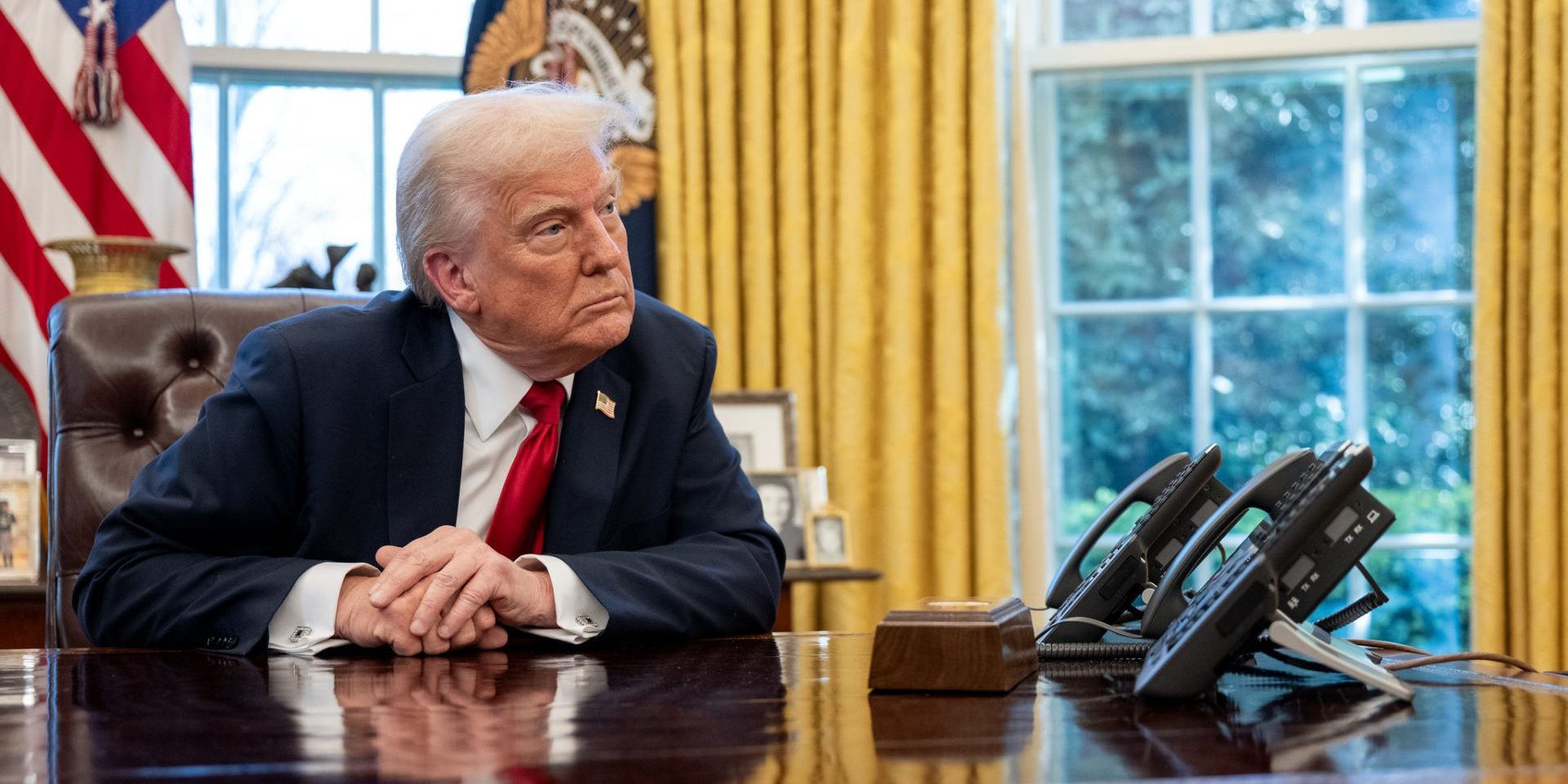Trump has flipped the election narrative, but it’s a long way to April 28

OTTAWA—On the night of Dec. 12, 1979, I called the large American daily for which I worked as a freelancer from Ottawa to tell them to expect then-prime minister Joe Clark’s government to be defeated the next day.
The foreign editor scoffed at the idea. “The Liberals don’t even have a leader,” he said, well aware that Pierre Trudeau had announced his intention to end his 11-year domination of Canada’s national agenda only a several weeks previously.
Clark’s parliamentary caucus had reached the same conclusion. Despite the widespread unpopularity of finance minister John Crosbie’s ill-conceived 18-cents-a-gallon gas tax, the Conservatives dared the Liberals to try to dump the Progressive Conservative minority. And, unperturbed by it all, Clark failed to keep his MPs in town for Commons votes, and the government was indeed defeated by the opposition on the night of Dec. 13.
Pressed to bail out his party, Trudeau returned as leader, and the Liberals went on to win a slim majority government against Clark’s PCs in a February 1980 vote.
That would have to qualify as the strangest national political event in modern times until now, 45 years later. It’s been a very long time since anyone has seen anything like the reversal in political fortunes in this country created by the emergence of United States President Donald Trump’s destroy-your-neighbours philosophy, and the arrival on Canada’s political scene of new Prime Minister Mark Carney and his high-flying resumé.
After a year and a half of double-digit leads in the polls—sufficient for a Pierre Poilievre-led Conservative majority victory—and with the Justin Trudeau Liberals at risk of being buried by voters, the Conservative advantage has completely evaporated in a few months, with Carney’s Liberals having streaked to the top in some opinion surveys.
It shows, as always, how the defining narrative tends to surpass everything else when it comes to election politics. From 1980, when Clark was defined as too inexperienced for the job, through to 2006 when Stephen Harper led the Conservatives to power on his promise to clean up Ottawa, to 2015 when Canadians rejected the hard-hearted Harper in favour of Justin Trudeau’s “sunny ways,” the central story behind the campaign has almost always been paramount.
As everyone but Poilievre seemed to accept a while back, the dominant previous national narrative fuelled by dislike of Trudeau has quickly re-focused on the urgent question of which leader is best equipped to handle the menace in Washington, D.C.
Carney appeared to have that one sewn up even before Trump dealt him a political straight flush last week. The Liberal leader—who, despite campaigning in an election, was able to put on his prime minister’s custodial hat and talk to the president—could hardly contain his elation after the risky phone call came out to his advantage. To the extent that anything Trump says can be taken seriously, his respectful acceptance of Carney as a Canadian leader with whom the White House might be able to possibly pursue some winding down of the trade war—or at least engage in an adult discussion—is widely seen as a breakthrough.
It’s clear that the U.S. threat, and the question of who can best manage it, could persist as the pre-eminent narrative in this campaign all the way to April 28. But, as solid as that prediction would seem today, no one should forget that absolutely anything can happen in an election. (See Carney’s rookie decision on March 31 to stand by Liberal candidate Paul Chiang, despite Chiang’s suggestion in January that people turn in a Conservative candidate to the Chinese consulate and collect a bounty.)
Moreover, dealing with Trump is like having a pet rattlesnake—as the whole world has learned the hard way. He could turn on Carney at any moment. And the tariff threat is likely to peak right away, as Trump’s on-again, off-again trade war against Canadians and the world is expected to hit full stride this week. By April 28, then, this country’s suffering in the form of mounting unemployment, factory closures, bankruptcies, stock market turmoil, inflation, and a downward sliding economy could be well on the way to erasing the Liberals’ advantage in the Trump survival showdown.
So, while Carney would appear to have the upper hand in the early going in the campaign, the politics of all this are a crap shoot. That is, of course, why the Liberal leader is sticking to his warning that the era of Canada-U.S. co-operation is over. His response is to urge the country to reimagine a wholly renovated economy, an ambitious call for Canadians to break out from decades of U.S.-tied business activity and regional parochialism to develop a more unified, prosperous, and self-reliant economic model.
This is a compelling vision in the face of Trumpism, but it’s a tall order. Will Canadians still buy into it on election day?
Les Whittington is a regular columnist for The Hill Times.
The Hill Times






 LICENSING
LICENSING PODCAST
PODCAST ALERTS
ALERTS


